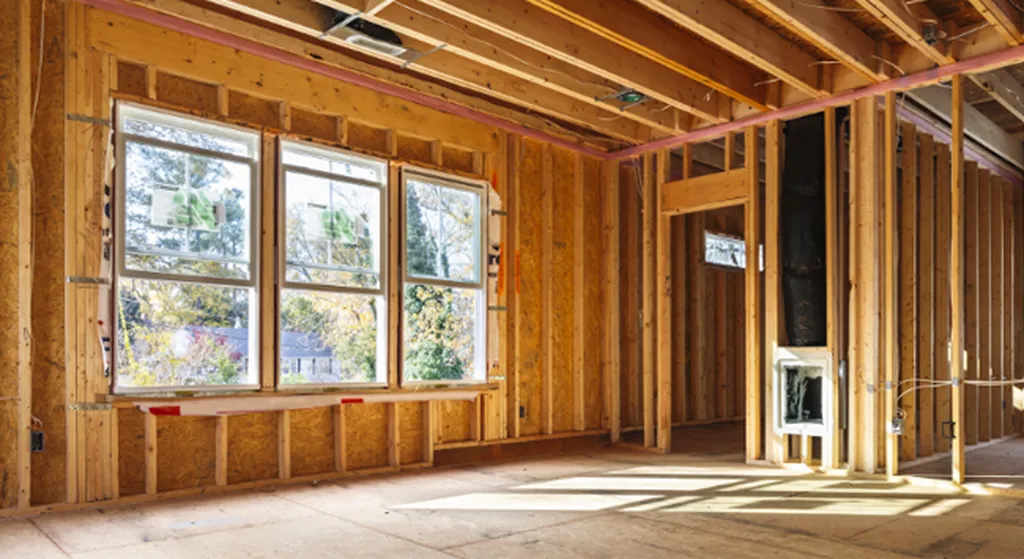In the heart of Brazil’s furniture manufacturing hub, a significant amount of wood waste has been going unmanaged—until now. A recent study led by Roziani Maria Gomes from the Department of Civil Engineering at Universidade Federal de Viçosa has shed light on the potential of this often-overlooked resource, offering promising prospects for the construction industry.
The study, published in the journal ‘Frontiers in Built Environment’ (translated as ‘Frontiers in the Built Environment’), quantified wood waste from 17 different companies in Ubá, one of Brazil’s foremost furniture production centers. The findings revealed that the total raw material consumption across these companies amounted to approximately 9.8 million kilograms, with solid wood and panels accounting for 6.73% and 93.27% respectively. Of this, around 884,858 kg of wood waste was generated, with chips and sawdust making up 51.77% and 48.23% respectively. This translates to an overall waste generation of 9.0% by weight.
Gomes emphasized the significance of these findings, stating, “These quantitative projections indicated sufficient availability of wood waste to sustain local manufacturing of composite panels, woodcrete, bio-based insulation materials, lightweight composites, and other sustainable solutions for civil construction.”
The study highlights the potential for integrating wood waste recycling into the local construction industry, promoting environmental sustainability and circular economy practices. Eucalyptus and pine residues, predominant in the region, demonstrate high suitability for incorporation into recycled panels, enhancing resource efficiency.
The commercial implications for the energy sector are substantial. As the world increasingly turns towards sustainable building practices, the availability of locally sourced, eco-efficient materials could drive down costs and reduce the environmental footprint of construction projects. This research could shape future developments in the field, encouraging other regions to explore similar opportunities for waste reduction and resource optimization.
As Gomes noted, “The findings highlight the strong potential for integrating wood waste recycling into the local construction industry, promoting environmental sustainability and circular economy practices in the region.” This study not only provides a roadmap for Ubá but also serves as a model for other furniture manufacturing hubs worldwide, paving the way for a more sustainable future in construction.

